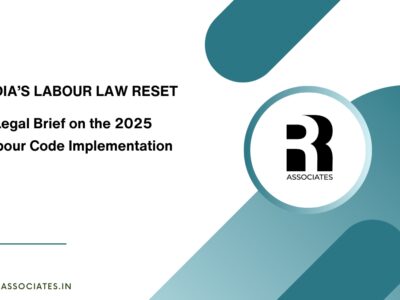The hydrocarbon sector, integral to the global energy market, spans across exploration, extraction, refining, and distribution. Foreign investment rules, which regulate capital flow into this sector, focus primarily on aliphatic hydrocarbons such as methane, propane, and butane, as well as aromatic hydrocarbons like benzene, toluene, and xylene. Recent technological advancements in shale gas extraction, liquefied natural gas (LNG), and offshore drilling have unlocked reserves that were previously considered inaccessible, reshaping the landscape of hydrocarbon investments.
India’s hydrocarbon sector plays a crucial role in its energy security, with foreign investment rules shaping how international capital can flow into this critical industry. While the United States, Russia, and the Middle East have traditionally dominated global hydrocarbon production, India’s growing energy needs have made it an attractive market for foreign direct investment (FDI). The country’s LNG market, in particular, has seen rapid expansion, and the government has implemented policies encouraging infrastructure development for refineries and LNG terminals.





